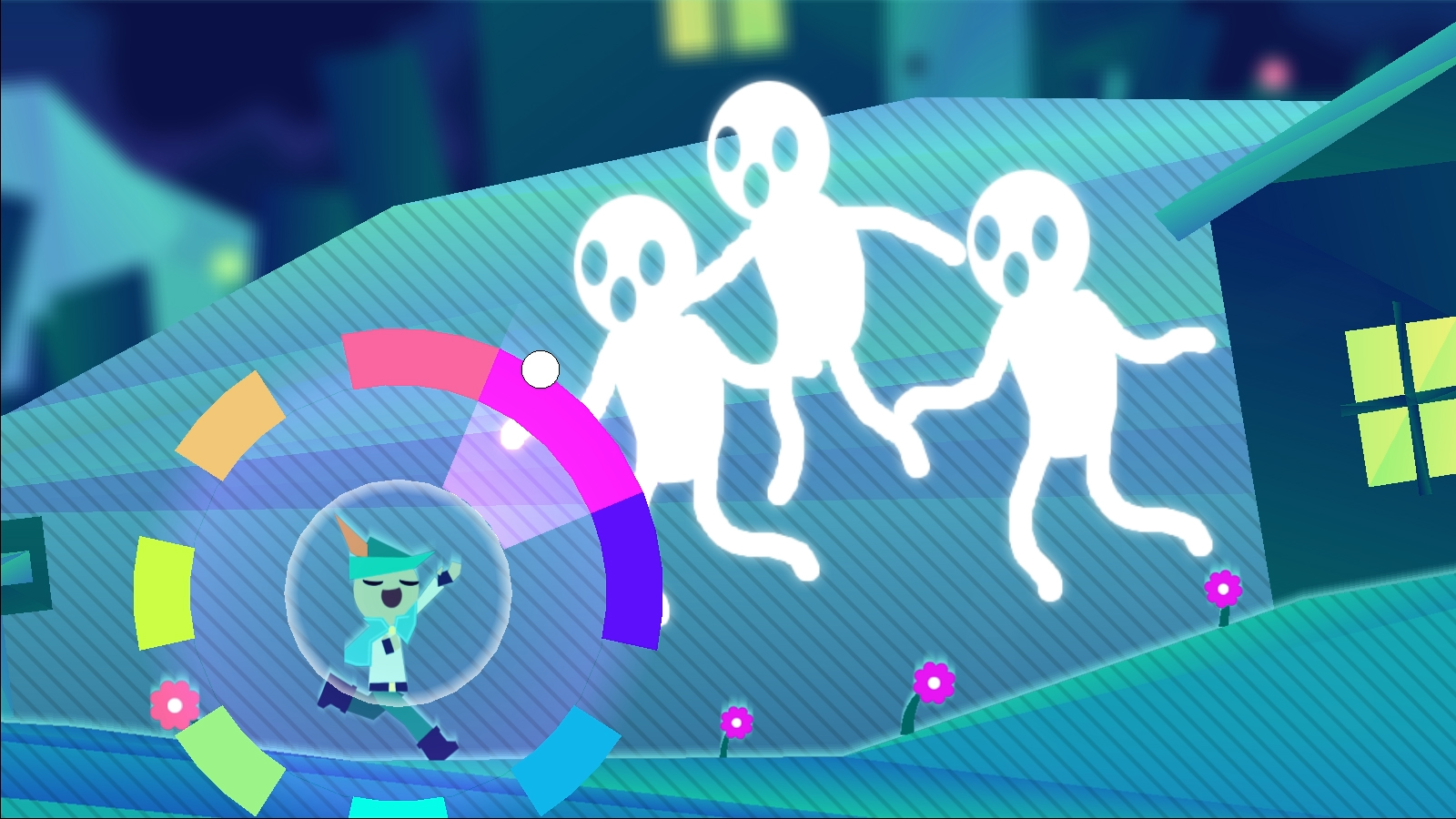And I nearly completely missed it
Having now gone to my first E3 and first PAX as a member of Destructoid, I’m not sure if I’ll ever go to either of these events again if I’m not a member of the press. It spoils a person to get almost instant access to any game they want, but of course, that access comes with a price. I’m not just there to play but to write as well, and I spend far more time trying to figure out ledes to these PAX coverage pieces than I do actually playing the game on the show floor. It’s a lot to process in that short span of time and not every game I play strikes a chord with me. At least, not in the same way Wandersong does.
Developed by Dumb and Fat Games, Wandersong is a Kickstarter-funded project releasing this month on Steam and Switch, that latter platform seeing the title due to the recent support in the Game Maker engine. The adventure game is the work of three people: developer Greg Lobanov, sound designer Em Halberstadt who previously worked on A Night in the Woods, and musician Gordon McGladdery. Having separate sound and music designers for a project with this small of a team is important because Wandersong is all about noise. The hero of the adventure, a lowly Bard, must find a way to stop the end of the world using nothing but his voice.
The demo for Wandersong is a lot larger than it initially seems. Because it’s not located on the PAX show floor, I can take my time with it and fully explore what’s been built here. The first part of the demo gives the basic of gameplay. As a bard, I can’t fight with a sword, but I can sing better than the rest of them. Using the right Joy-Con control stick, I activate the bard’s voice and try to match the different color notes presented to me during my quest.
The most common use of the idea in the demo has me matching the song of a bird so they can give me a boost to jump up high. The bird will sing three or four notes, correlating to the direction and color of the notes on the control stick, and I have to match them perfectly to obtain the jumping boost. Other puzzles in the demo use the same formula but with different objectives, such as defeating a ghost that is plaguing a man’s home.
The singing gameplay element is certainly inventive but as I continue to play the demo, I find it’s quite flexible as well. A portion of the demo has the bard bringing plants to life and using his voice to guide them over to him so he can ride them like a platform. In a small town where I’m asked to help assemble a band, I use my music to help a candy store owner increase business, bringing a hooligan to tears, and convince a violinist to give a shady man a second chance.

All three sections of the demo make great use of mechanic, and with an estimated 14 hour play time, I wonder how far Dumb and Fat Games can push it. Greg Lobanov is on-hand during my play session and he tells me the idea grew from a shorter experience as he kept coming up with new and interesting ideas of how to use the formula. In addition to singing, the bard can also learn a variety of different dances, some of which can be used while he moves across the land making for some truly hilarious imagery. Nothing more absurdly funny than a man telling me his house has been taken over by ghosts and I’m just dancing a jig while he spills his beans to me.
Wandersong wasn’t even on my radar before PAX West and now it’s the only thing I can think about. Dumb and Fat Games has a real shot at making the next “must have” Switch indie title, if not for every Switch owner, then certainly for this one.


